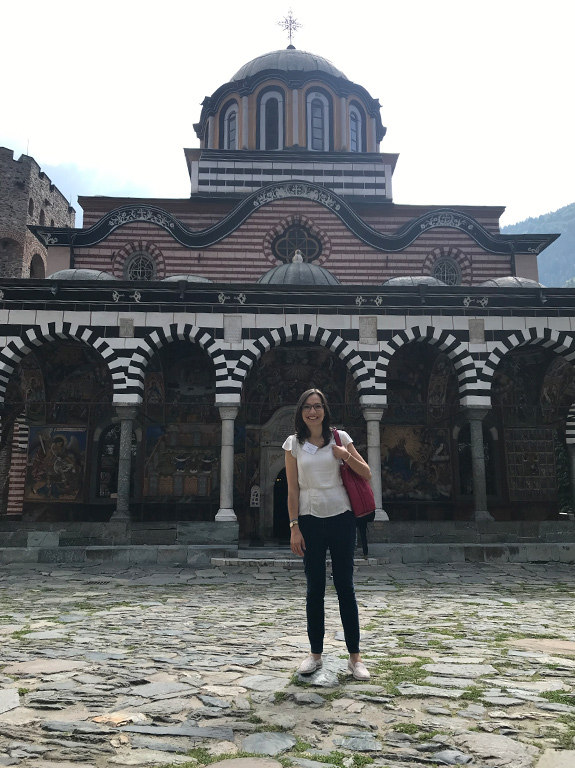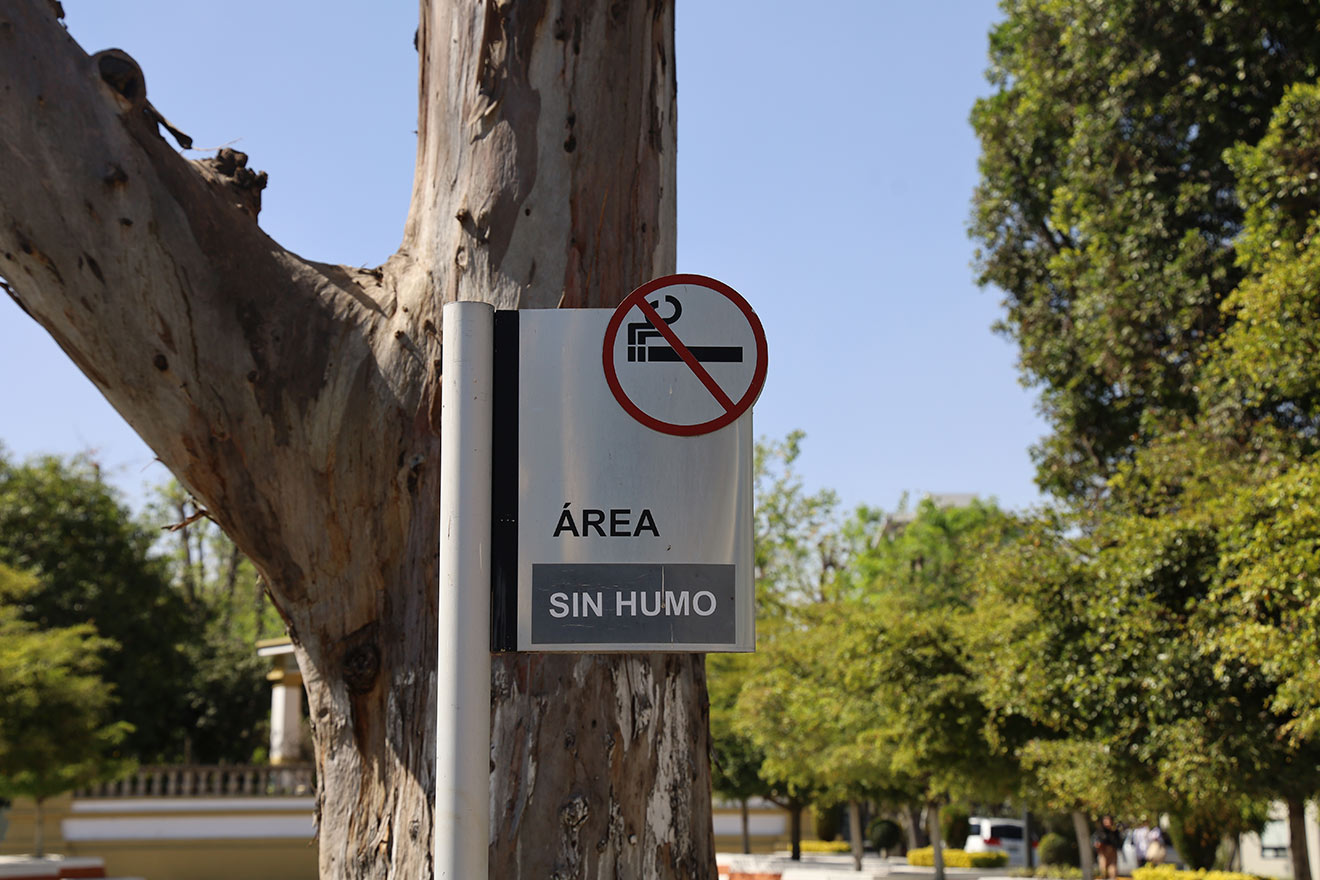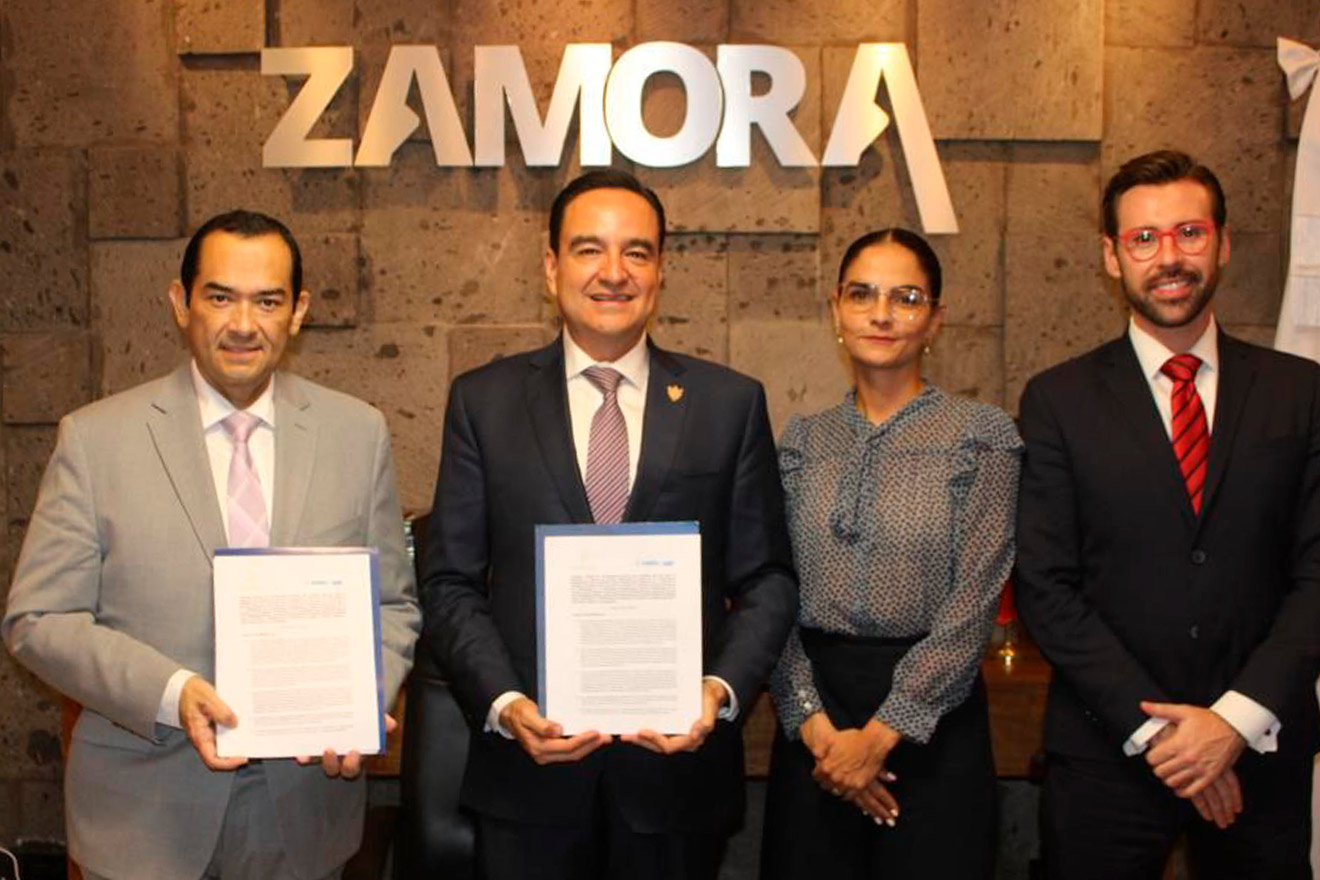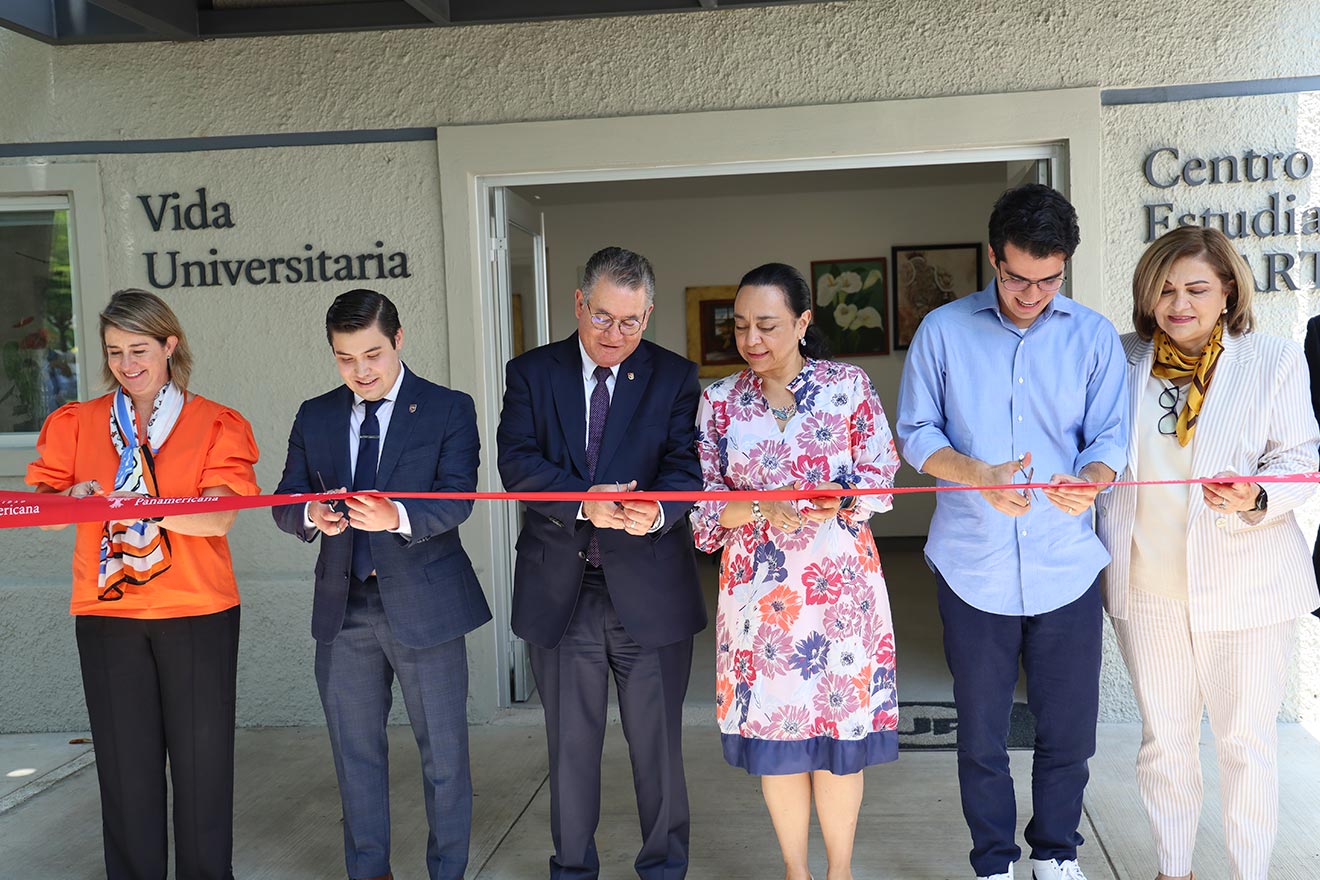Mexico City, Mexico, August 15, 2022. Locke Conference brings together every year specialists in the work of John Locke to discuss subjects such as Theology, Economics, Education and, especially, Philosophy. Its most recent edition, held from June 21 to 23 in Blagoevgrad, Bulgaria, 100 kilometers from Sofia at The American University of Bulgaria (AUBG), was attended by Dr. María José García Castillejos, academic of our Universidad Panamericana.
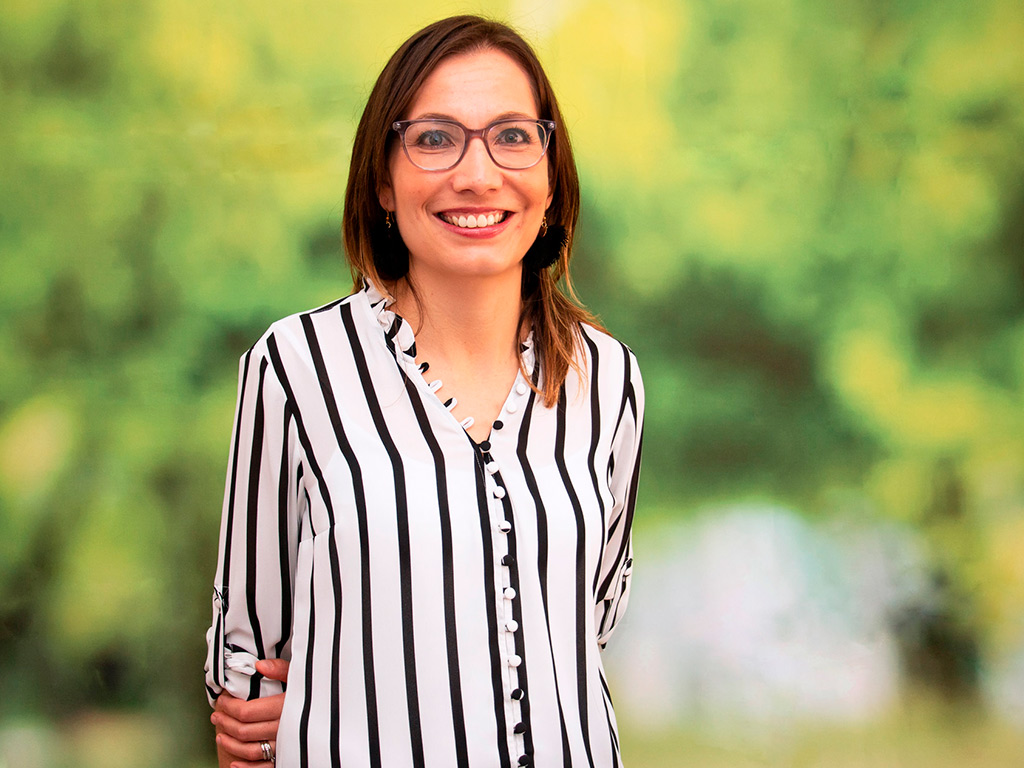
"In the field of Philosophy, the congress is extremely relevant, as it is the only event at the international level that focuses on the thought of John Locke, a modern English philosopher extremely relevant because, among many other things, he laid the foundations of political liberalism," says María José.
Dr. García Castillejos worked for two years at the School of Philosophy, for 10 years at the Institute of Humanities, where she served as Academic Secretary and is currently the Director of the Women's High School at Universidad Panamericana.
She relates that since she began writing her doctoral dissertation in 2016, she signed up for the Lockean Society, a space where Locke's bibliography is disseminated, as well as news of interest about the author's thought, the same in which the call for participation in the congress in which this year she decided to be part of is published.
John Locke's feminist response
During the conference, Dr. María José had the opportunity to present the progress of an article on the feminist response to Locke's philosophy. "It is no surprise to anyone that women have lacked the same social, political and economic opportunities as men and that this was true in the 17th century," she says.
However, he explains that Locke presented some revolutionary ideas in this regard: "he proposed, for example, that fathers and mothers should enjoy equal rights over their children and that women should be able to acquire and manage their property".
Its objective was to present a detailed analysis of the "Lockean" work in response to some critics who consider Locke a proponent of patriarchalism (a philosophical current that sees the ruler as the father of the ruled, who are incapable of making decisions).
"While some of his assertions place women at a disadvantage, the purpose of John Locke's philosophy is to refute patriarchalism because it is opposed to constitutionalism and the division of powers advocated in Two Treatises on Civil Government," clarifies Maria Jose.
However, he specifies: "I am not arguing that Locke is a feminist, a term that would be anachronistic and inaccurate; rather, I propose to study the author in context and do justice to his entire work, not to some isolated fragments. I also consider his ideas about women to be consistent with his argument about natural law and his defense of private property as a natural right."
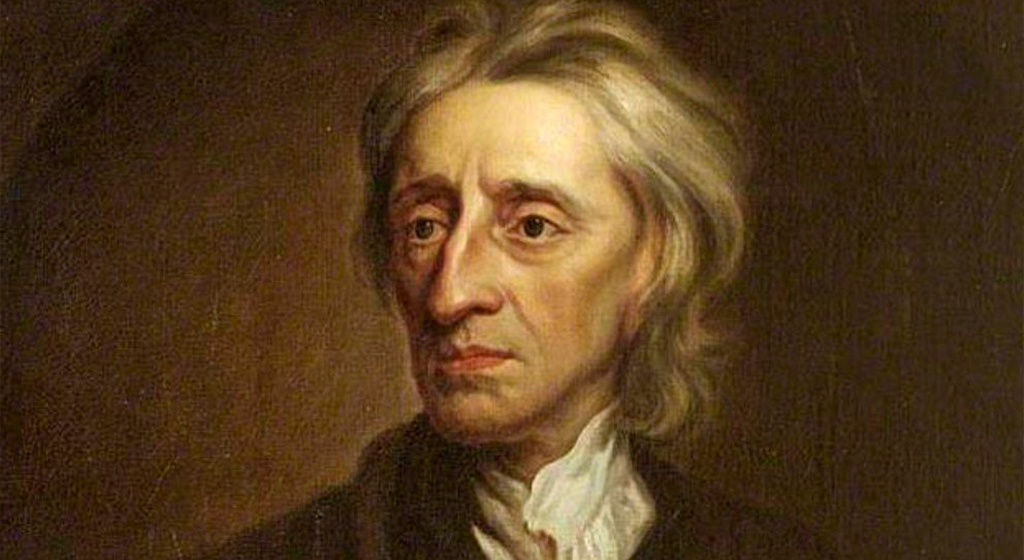
Personal impact
The doctor assures that this research allowed her to achieve one of the objectives she set herself when she chose her doctoral thesis topic: "to reflect on some current issues based on classic authors, which illuminate and enrich the reflection on various social, political and cultural problems".
She also states that "studying the feminist critique of Locke's philosophy forced me to delve into the history of philosophy in the seventeenth century. In addition, I analyzed some of the feminist claims of the late twentieth century and early twenty-first century".
"Specifically, the Locke Conference allowed me to exchange some ideas with specialists in the field and learn about their research, all of which is deeply interesting," he says, while revealing that his attendance allowed him to sketch out some ideas for future publications on the author.
After the conference, Dr. Garcia said that she found some texts that she should review in order to enrich her research, such as the Commentary on the Epistle of St. Paul. But, more generally, she concludes: "I confirmed how enriching the exchange of ideas and academic dialogue can be. Beyond the author who summoned us, philosophical reflection in itself is a rewarding and necessary exercise.
